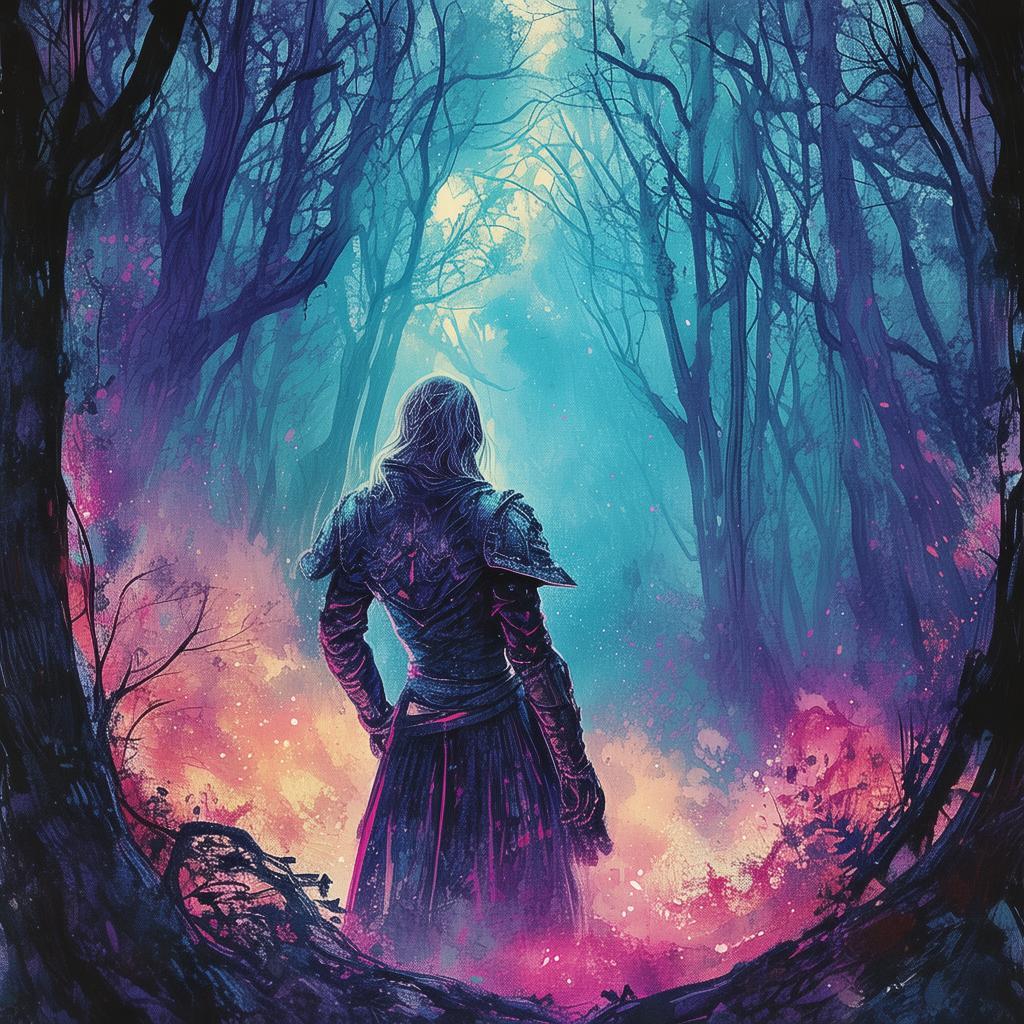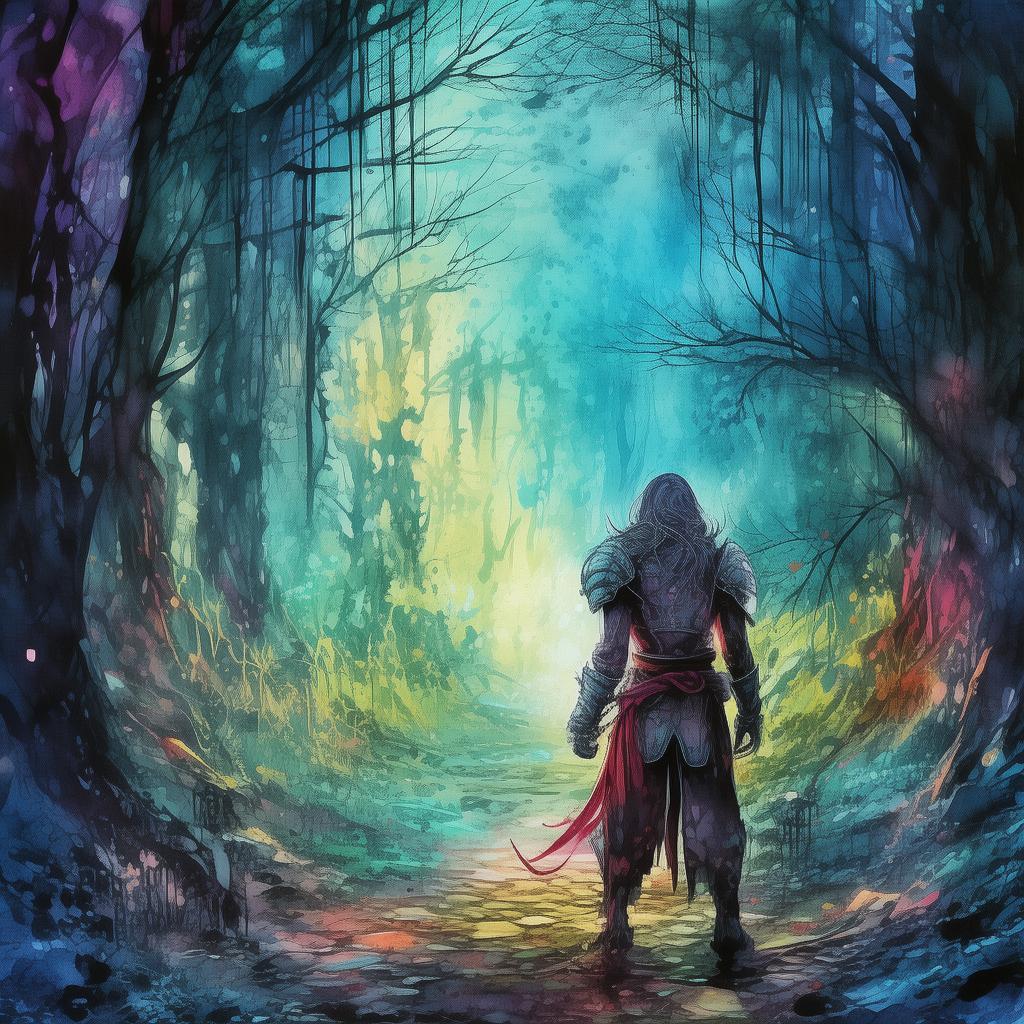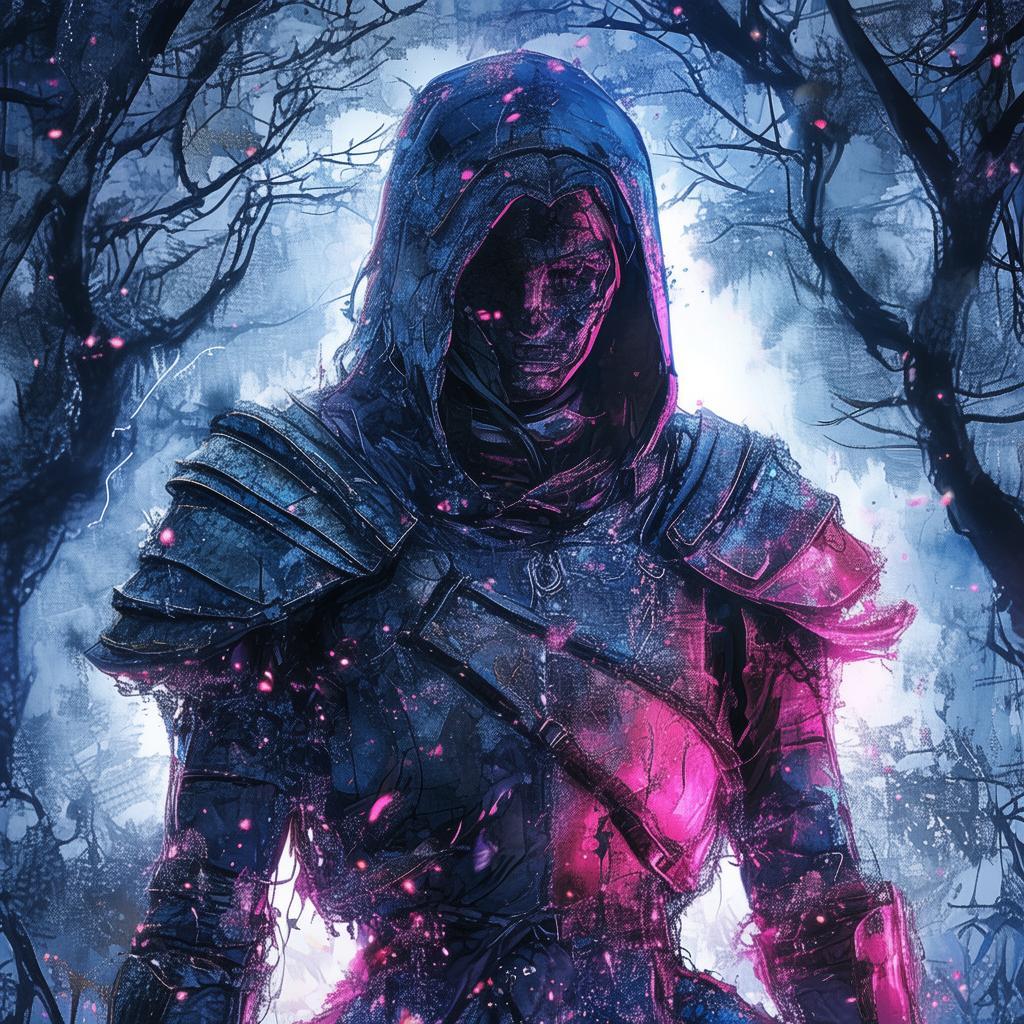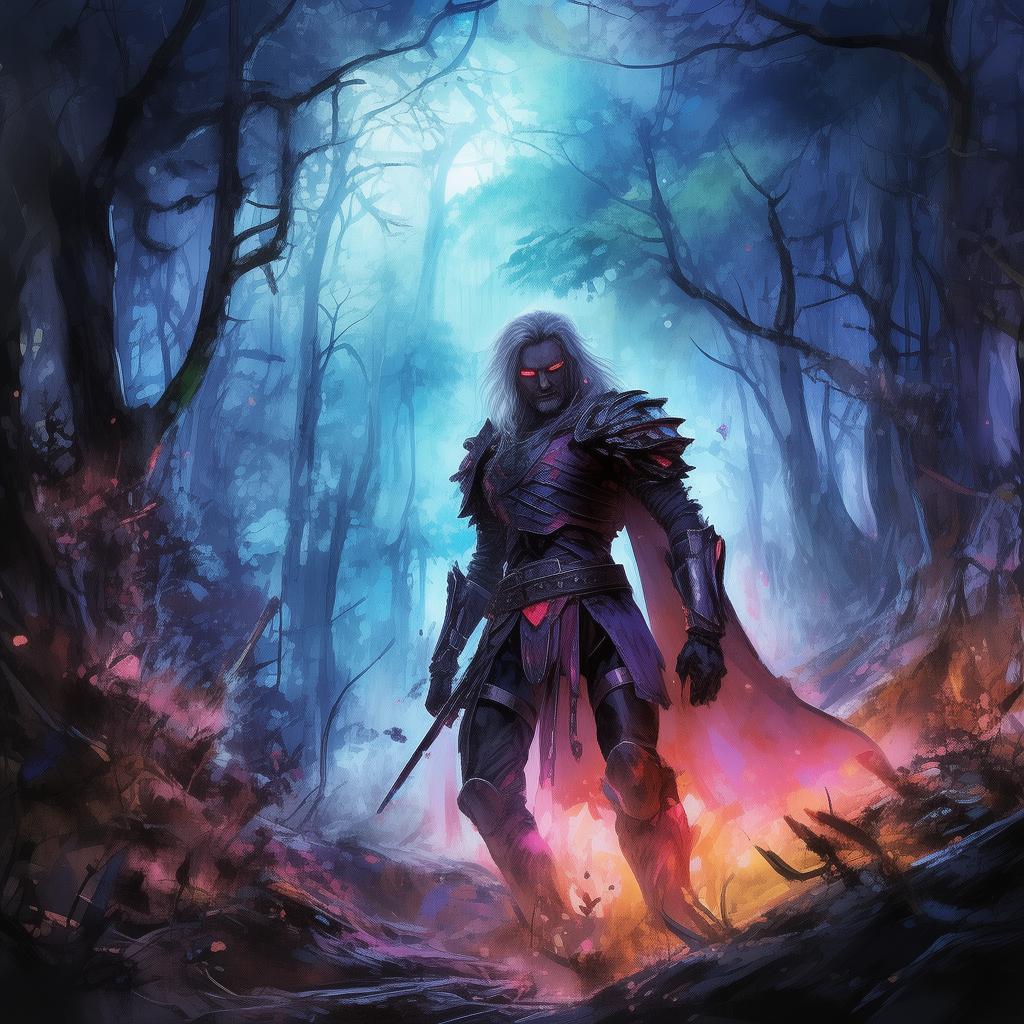The Lament of the Last Bard: A Serenade to Eternity
In the heart of the ancient kingdom of Lyricalia, the bards were not just storytellers but the keepers of the world's soul. They sang the tales of heroes and villains, love and loss, and the eternal dance of fate. Among them was a bard named Aelion, whose voice was as powerful as the winds that swept through the valleys of Lyricalia.
Aelion's life was a tapestry of melodies, each more beautiful and haunting than the last. His songs were said to have the power to move mountains and quell the stormiest seas. Yet, as the years waned, Aelion felt the weight of his destiny pressing upon his shoulders like a yoke. He knew that his time was coming to an end, and with it, the end of his art.
The kingdom was in turmoil. A new ruler had ascended the throne, and with him came a reign of terror. The people were oppressed, and the arts were forbidden. Aelion, however, was not one to be silenced. He knew that his final song must be one that would resonate through the ages, a testament to the human spirit's indomitable will to resist tyranny.
As the night of his farewell approached, Aelion gathered his closest companions in the ancient grove where the first bards had sung their tales. The stars twinkled above, and the moon cast a silver glow upon the scene. Aelion took a deep breath and began to sing, his voice rising like a phoenix from the ashes.
"The Last Bard's Last Song" was a tale of love, loss, and the eternal quest for freedom. It spoke of a love so strong that it could bridge the chasm of time, of a loss so profound that it could shatter the very fabric of reality, and of a quest so fierce that it could ignite the hearts of the downtrodden.
As Aelion sang, the trees around them swayed, as if moved by an invisible hand. The stars seemed to align in a celestial dance, and the moon seemed to listen intently. The people of Lyricalia, who had been forbidden to hear the arts, gathered in the shadows, drawn by the power of the song.
The ruler, a man who had sought to quash the arts, found himself drawn to the grove. He stood at the edge, his face a mask of confusion and fear. As he listened to the song, he felt a strange connection to the bard, as if Aelion's voice were speaking directly to his soul.

The song reached its climax, and the ruler felt a surge of emotion. He realized that the arts were not a threat but a beacon of hope, a reminder of what it meant to be human. With a newfound understanding, he turned and ordered his guards to leave the grove.
The next morning, the kingdom awoke to a new dawn. The ruler had decreed that the arts would be free to flourish once more. Aelion's final song had been his greatest composition, and it had changed the course of history.
But Aelion knew that his time was over. As the sun rose, he took his last breath and sang his final note, a note that would echo through the ages. His companions wept, but they knew that their friend had left them a legacy that would never be forgotten.
The legend of Aelion spread far and wide, and his song became a symbol of hope and resistance. It was said that on the night of his farewell, the last bard's voice was heard in every corner of Lyricalia, and that his spirit lived on in the hearts of all who heard his tale.
And so, the story of the Last Bard became a myth, a legend that would be told for generations to come, a testament to the power of art and the indomitable spirit of humanity.
✨ Original Statement ✨
All articles published on this website (including but not limited to text, images, videos, and other content) are original or authorized for reposting and are protected by relevant laws. Without the explicit written permission of this website, no individual or organization may copy, modify, repost, or use the content for commercial purposes.
If you need to quote or cooperate, please contact this site for authorization. We reserve the right to pursue legal responsibility for any unauthorized use.
Hereby declared.









